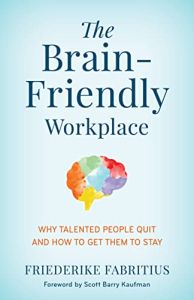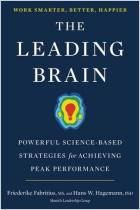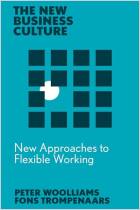Rejoignez getAbstract pour lire le résumé !

Rejoignez getAbstract pour lire le résumé !
Friederike Fabritius
The Brain-Friendly Workplace
Why Talented People Quit and How to Get Them to Stay
Rowman & Littlefield Publishing Group, Inc., 2022
Aperçu
A neuroscientist offers an employee-centric approach to engaging and retaining a diverse workforce.
Recommendation
Neuroscientist Friederike Fabritius offers a passionate, evidence-based approach to fostering workplace diversity and engagement. She draws on cutting-edge research demonstrating how brain chemistry informs personality, values, stress responses and cognitive styles. She makes a compelling case that workplaces should cater to the needs of employee “neurosignatures” to boost performance and retention. Her interviews with thought leaders like Thrive Global’s Arianna Huffington and molecular biologist John Medina provide inspiration and insight.
Summary
About the Author
Neuroscientist Friederike Fabritius has pioneered the field of neuroleadership. She develops and leads brain-based leadership programs for Fortune 500 executives and serves on the prestigious German Academy of Science and Engineering.






















Comment on this summary